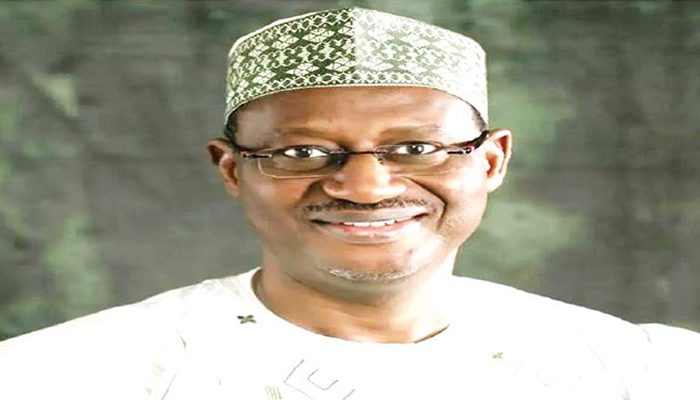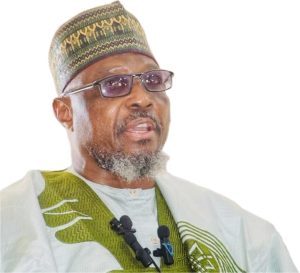URBAN PLANNING FAILURES EXPOSED: SLUMS RAVAGE NIGERIA’S CITIES
In Nigeria, millions of citizens live in deplorable conditions due to the government’s failure to effectively implement its urban planning framework, leading to the proliferation of slums.
As Nigeria’s cities expand at an unprecedented rate, slums are growing as a stark reminder of the country’s urban planning shortfalls. In cities like Lagos, Abuja, and Port Harcourt, informal settlements are rapidly multiplying, housing millions of Nigerians who have fled rural areas seeking better economic opportunities.
Babatunji Adegoke, the Treasurer of the Nigerian Society of Engineers, Victoria Island Branch, notes that urban planning in Nigeria remains a "work in progress." He emphasizes that, despite sound planning laws, inconsistent implementation and lax enforcement have resulted in shanties frequently emerging in close proximity to well-planned neighborhoods.
Lagos State Urban Renewal Agency’s Adeola Olagoke revealed that 169 slum communities have been identified in Lagos. Eight of them, including parts of Alausa, Olusosun, and Bariga, have been earmarked for regeneration. Meanwhile, Professor Taibat Lawanson of the University of Lagos reports that Lagos has over 157 slum communities that need urgent attention.
Femi Oyedele, Managing Director of Fame Oyster & Co. Nigeria, advocates for the regeneration of slums as a means to bridge the country’s significant housing deficit. Experts also suggest that incorporating artificial intelligence into Nigeria’s urban planning could help mitigate environmental risks and improve overall living conditions.
To combat the challenges facing Nigeria’s cities, the National Urban Development Policy, Master Plans, and Strategic Urban Development Plans are some of the mechanisms in place. Additionally, the government has launched several initiatives, including Lagos State’s "Lagos 2030" Plan, Abuja’s "Abuja Master Plan" (2016-2036), and Port Harcourt’s "Garden City" project.
However, effective implementation and adequate funding remain significant challenges. The government must take urgent action to strengthen its urban planning framework, enhance regulatory enforcement, and ensure sustainable development.
By acknowledging the depths of Nigeria’s urban planning failures and proactively addressing these challenges, the country can strive towards creating more livable, equitable, and sustainable cities for all its citizens.
Related Stories:
- "Urban Planning Challenges Faced by Major Nigerian Cities"
- "The Impact of Artificial Intelligence in Urban Development"
- "Regeneration Strategies for Nigeria’s Slums"
More From Media Talk Africa:
- "How Climate Change Has Aged Nigeria’s Infrastructure"
- "Key Challenges Faced by Nigeria’s Infrastructure Development"
- "The Rise of Emerging Technologies in Africa’s Development"
What do you think about Nigeria’s urban planning shortfalls? Share your thoughts with us.
For more updates, follow Media Talk Africa on social media.









